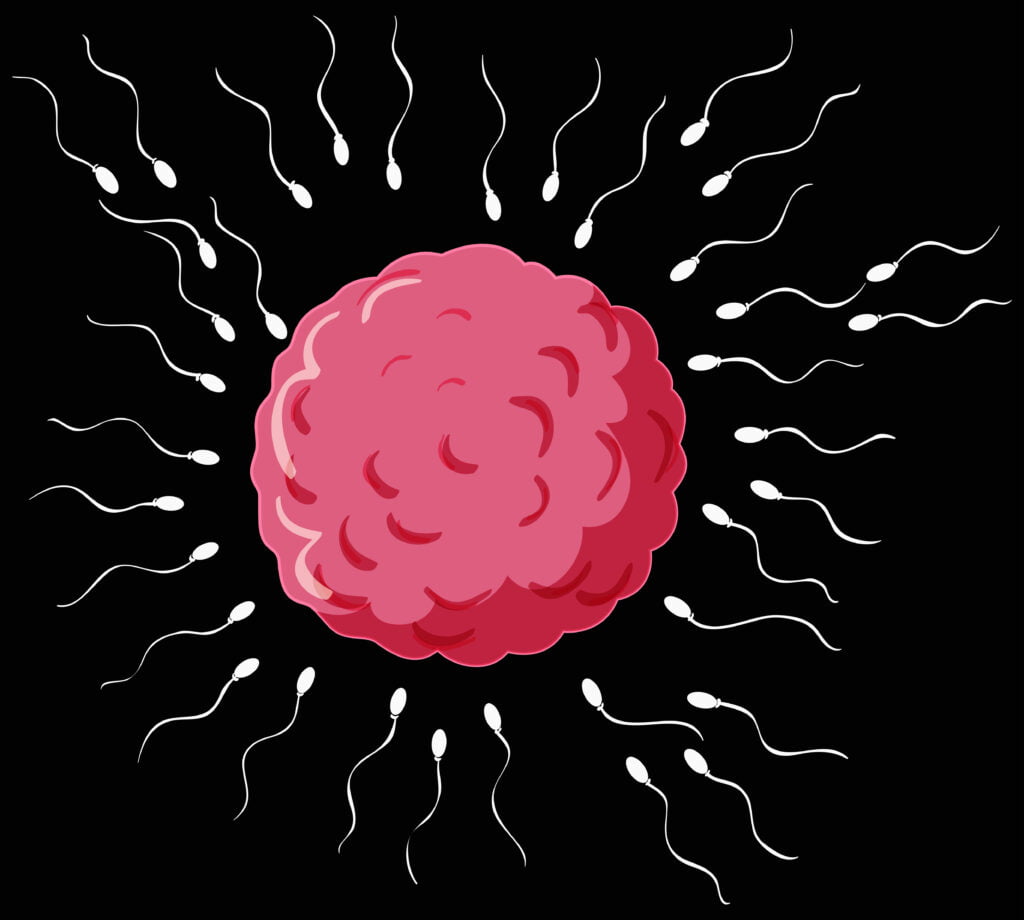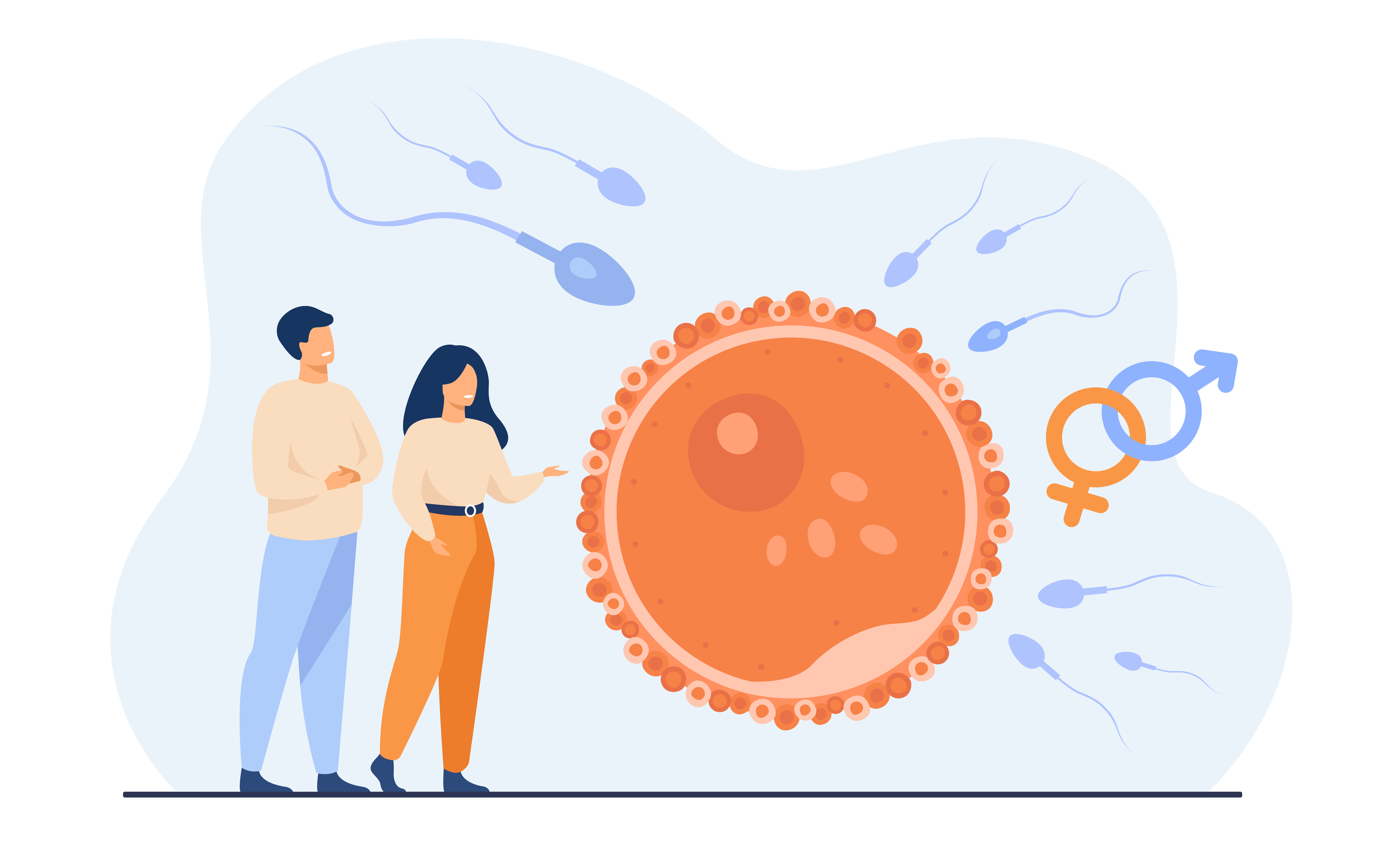One in every seven couples is infertile, meaning they haven’t been able to conceive despite having had frequent, unprotected sex for a year or longer. Infertility in men plays at least a partial role in up to half of these couples.
Low sperm production, poor sperm function, or sperm delivery obstructions can all contribute to infertility in men. Male infertility can be caused by illnesses, injuries, persistent health problems, lifestyle choices, and other factors.
The inability to conceive a child can be stressful and disappointing, but male infertility can be treated in a variety of ways.
How Common is infertility in men?
According to studies,
- 15% of couples who have unprotected sex for a year are unable to conceive, and
- 10% of couples who have had unprotected intercourse for two years are still unable to conceive.
- 20 percent to 37 percent of couples younger than 30 who are healthy are able to conceive during the first three months.
Fertility issues can be caused by a variety of medical disorders and other variables, and each case may have a single cause, numerous causes, or no identified cause.
Male reproductive issues account for one-third of infertility cases, female reproductive issues for another third, and both male and female reproductive issues or unknown variables account for the remaining third.
Environmental causes of infertility in men.
- Excessive heat, such as that generated by a man’s profession, such as truck drivers, welders, or firefighters, or by habits, such as frequent use of the hot tub or wearing tight clothing.
- Certain antibiotics and prescription medicines, anabolic steroids, alcohol, and marijuana are all examples of drugs.
- Pesticides, herbicides, heavy metals, lead, mercury, and paint are all toxicants.
- Bicycling is an example of excessive exercise.
- Anemia, malnutrition, cancer, neurological disease, or diabetes are examples of chronic diseases.
- Zinc, vitamin C, and folic acid deficiency are examples of dietary deficiencies.
- Varicocele is a condition in which the veins in the scrotum expand.
- Infection, cancer, trauma, or retrograde ejaculation are all diseases of the male genital system.
- Male genital tract surgery, such as for the treatment of an undescended testicle or a hernia
- Obesity
Genetic causes of Male Infertility
- The Y-chromosome, which contains the genes that determine male sex, has mutations.
- Other genetic modifications that aren’t quite right. Some men, for example, have Klinefelter’s XXY syndrome, which causes them to have an extra copy of the female-sex determining genes (the X chromosome)
- Diabetes, high levels of the milk-producing hormone prolactin, or difficulties with hormone-producing organs like the thyroid or adrenal gland are all examples of hormonal abnormalities.

Problems in sperm causing infertility in men
Genetic factors are assumed to be the source of sperm quantity and quality issues. Some males with sperm issues may be missing little portions of the male chromosome. This could lead to:
- A lack of sperm (azoospermia) means that there are no sperm in the semen. This could be due to a clog in the tubes or a lack of sperm production in the testicles.
- Low sperm count (oligospermia) — insufficient sperm in the ejaculate to cause pregnancy.
- A healthy sperm is formed like a streamlined tadpole and has an abnormal shape. Sperm with unusual shapes may have difficulty entering the surface of the woman’s egg.
- Poor motility – a healthy sperm has a lashing tail that helps it swim through the reproductive system of the woman. Sperm with low motility may swim erratically or not at all.
Treatment for Male Infertility
Male infertility is not always permanent or untreatable; it is not rare for men to treat infertility with a variety of methods.
- Avoiding harmful environmental conditions such as smoking, severe heat exposure, strenuous activity, toxicants, certain medicines, or excessive alcohol consumption
- Stress reduction
- Antibiotics; fertility drugs (Clomiphene, Human Chorionic Gonadotropin (hCG), or LH/FSH injections)
- Vitamins like folic acid, zinc, and L-carnitine are all good for you.
- Antioxidants
- Alternative medicine is a term that refers to the use of Certain herbs, on the other hand, may be hazardous. Acupuncture is neither hazardous nor beneficial in most cases.
- Reversing a vasectomy or correcting a varicocele, a disorder in which the veins inside the scrotum are swollen, are examples of surgery.
- Intracytoplasmic Sperm Injection is the most common method of in vitro fertilisation (ICSI)



